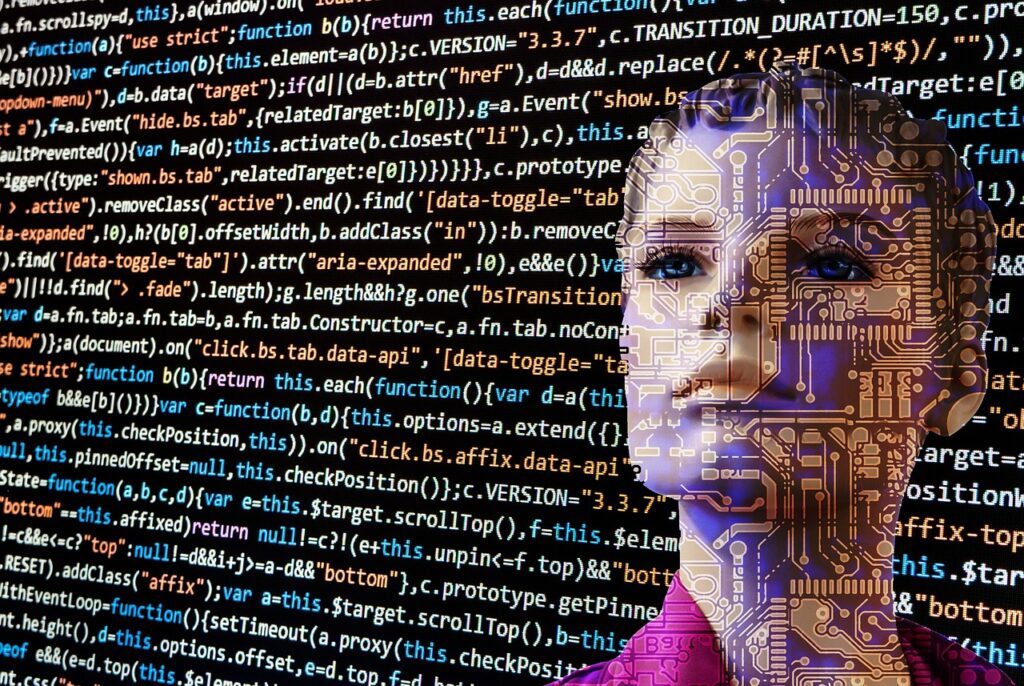
Artificial intelligence (AI) has become an integral part of our lives, with its applications ranging from personal assistants to self-driving cars. One of the emerging subsets of AI is generative AI, which creates new content based on existing data. Generative AI has the potential to revolutionize several industries, but it also presents significant ethical challenges. In this article, we will discuss the concept of generative AI, its benefits, challenges, and the need for ethical considerations.
What is Generative AI?

Generative AI is a subset of artificial intelligence that involves creating new content, such as images, music, or text, based on existing data. This technology uses algorithms that can analyze large datasets and generate new content that mimics the original data. Generative AI is based on the concept of deep learning, where a neural network is trained on large datasets to generate new content.
Benefits of Generative AI

Generative AI has several potential benefits that can revolutionize several industries. Some of these benefits include:
- Entertainment Industry: Generative AI can be used in the entertainment industry to create realistic simulations, such as virtual characters, environments, and scenarios. This technology can help to create engaging and interactive experiences for users.
- Healthcare Industry: Generative AI can be used in the healthcare industry to develop new drugs and therapies. This technology can analyze large datasets to identify new drug candidates and predict their efficacy.
- Education Industry: Generative AI can be used in the education industry to create personalized content for students. This technology can analyze the learning patterns and preferences of individual students to create customized learning materials.
Challenges of Generative AI

While generative AI has several potential benefits, it also presents significant challenges, including:
- Ethical Concerns: One of the biggest challenges of generative AI is the ethical concerns surrounding its use. There are concerns about the potential misuse of this technology, including the creation of fake content or the use of generative AI to manipulate public opinion.
- Legal Issues: Generative AI can raise legal issues related to intellectual property rights. If the generated content is similar to the original data, it can raise questions about copyright infringement.
- Technical Challenges: Generative AI presents several technical challenges related to data quality, bias, and interpretation. The quality of the generated content is heavily dependent on the quality of the input data. If the input data is biased, the generated content can also be biased.
Ethical Considerations

The ethical considerations surrounding the use of generative AI are critical in ensuring that this technology is used responsibly and ethically. Some of the ethical considerations include:
- Transparency: Generative AI algorithms should be transparent, and their results should be explainable. This transparency can help to identify and correct biases and prevent the misuse of this technology.
- Accountability: The developers and users of generative AI should be held accountable for the content generated by this technology. This accountability can help to ensure that this technology is used ethically and responsibly.
- Regulation: The use of generative AI should be regulated to ensure that it is used ethically and responsibly. This regulation can help to prevent the misuse of this technology and ensure that it is used for the benefit of society.
Generative AI has the potential to revolutionize several industries, but it also presents significant ethical challenges. It is essential to ensure that this technology is used ethically and responsibly to avoid potential negative consequences. Transparency, accountability, and regulation are critical in ensuring that this technology is used for the benefit of society. As this technology continues to evolve, it is important to continue the dialogue around the ethical considerations surrounding the use of generative AI.




















